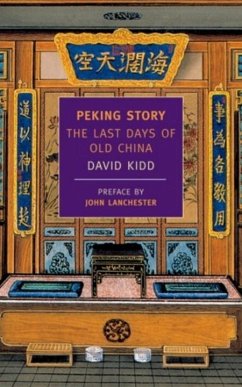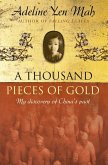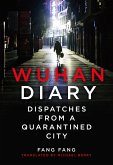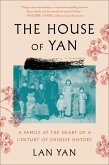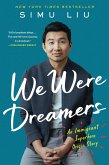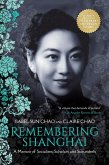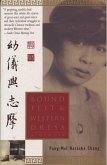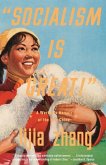For two years before and after the 1948 Communist Revolution, David Kidd lived in Peking, where he married the daughter of an aristocratic Chinese family. "I used to hope," he writes, "that some bright young scholar on a research grant would write about us and our Chinese friends before it was too late and we were all dead and gone, folding into the darkness the wonder that had been our lives." Here Kidd himself brings that wonder to life.
Dieser Download kann aus rechtlichen Gründen nur mit Rechnungsadresse in A, B, BG, CZ, D, DK, EW, E, FIN, F, GR, HR, H, I, LT, L, LR, NL, PL, P, R, S, SLO, SK ausgeliefert werden.

